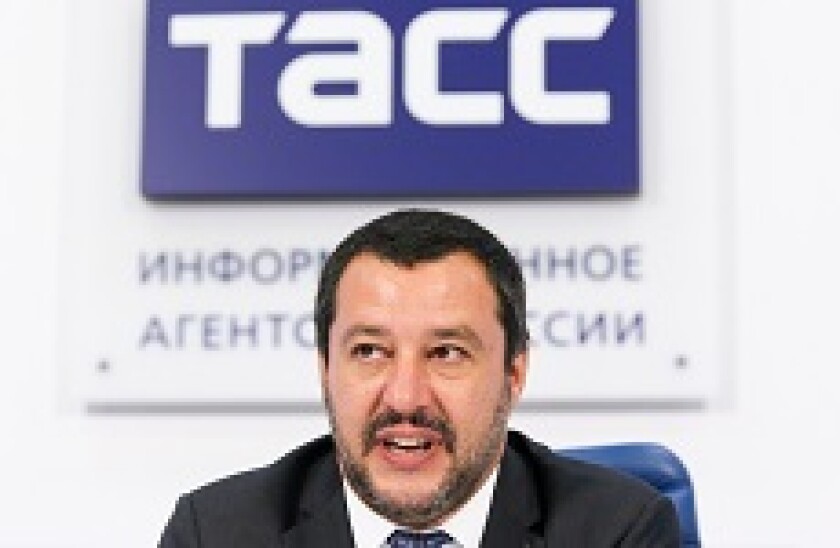Strong credits clash with geopolitics for FIG investors

Investors buying the bonds of banks must weigh up strong results and improved balance sheets with upcoming political flashpoints around the world. Meanwhile, supply has dried up along with the weather, but issuers could choose to beat the rush at the end of the month.
Unlock this article.
The content you are trying to view is exclusive to our subscribers.
To unlock this article:
- ✔ 4,000 annual insights
- ✔ 700+ notes and long-form analyses
- ✔ 4 capital markets databases
- ✔ Daily newsletters across markets and asset classes
- ✔ 2 weekly podcasts
